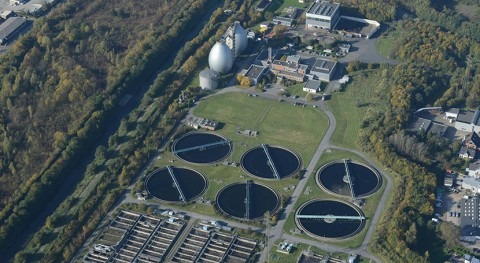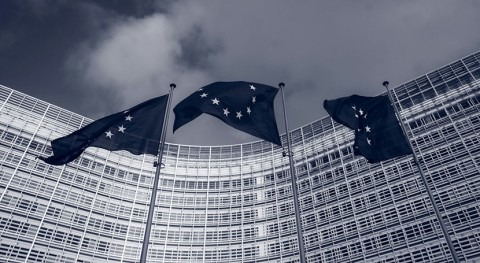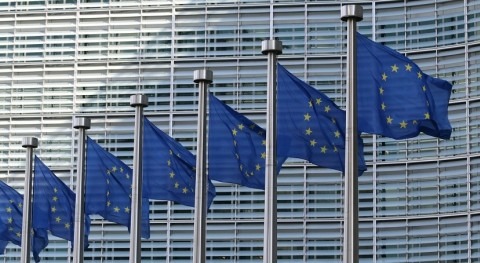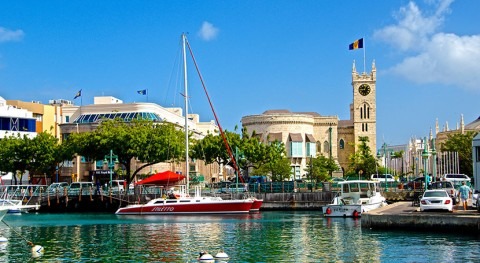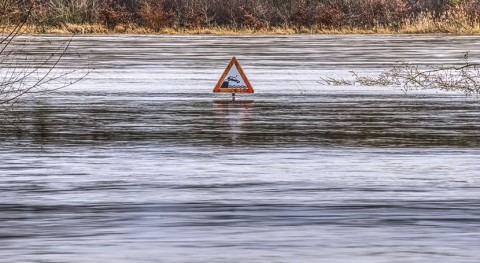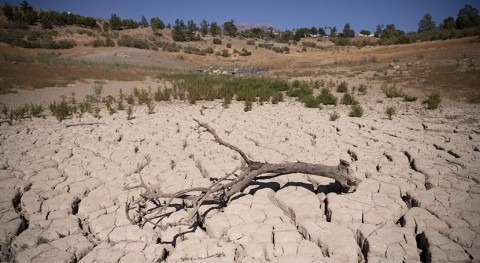Heatwave risk and socioeconomic impacts will be significantly reduced for both developing and developed countries if global warming is limited to below 1.5°C.
All parts of the world can be exposed to heatwaves.
In the recent years, they have affected also countries with traditionally cool climates.
However, the socioeconomic impact of heatwaves can be very different for different countries, depending on how exposed and vulnerable they are to this kind of hazards, and how well they are able to adapt to climate change.
In an article published in Nature Communications, scientists compare two warming scenarios – with 1.5°C and 2°C temperature increases – and the impacts of the resulting heatwaves on societies with either high or low level of socioeconomic development.
The scientists calculated the probability of occurrence of extreme heatwaves in different parts of the world under the two warming scenarios, with respect to the current climatic conditions.
They found that while extreme heatwaves will occur more often all over the world under the two warming scenarios, the half degree increase – from 1.5°C to 2°C higher temperatures – would lead to a radical increase in Africa, Middle East, as well as in parts of Southeast Asia and Latin America.
High population growth in these regions combined with low levels of socioeconomic development make them very vulnerable to the effects of heatwaves.
Indeed, the study indicates that the populations in these areas will be exposed to greater levels of heatwave hazard in the 1.5°C warming scenario than populations in developed countries would be under the 2°C scenario.
The study urges to limit global warming to below 1.5°C and to foster rapid socioeconomic development – especially in sub-Saharan Africa where the most vulnerable populations are located – to mitigate the social and economic effects of future heatwaves.





